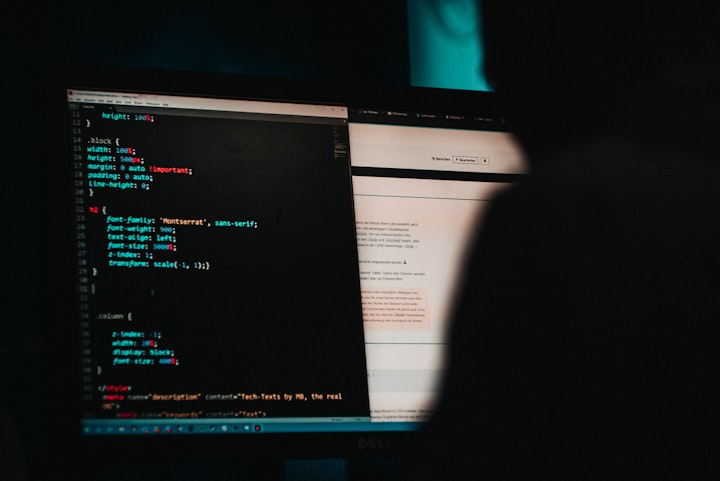
Hackers are individuals who use their technical skills to gain unauthorized access to devices, networks, and social media accounts with malicious intent. While some hackers may use their skills for ethical purposes such as finding vulnerabilities in systems to improve security, the majority of hackers are driven by financial gain, personal satisfaction, or political motives.
There are various ways that hackers can gain access to devices, social media, and personal computers. Some of the most common techniques include:
Phishing attacks: Hackers use emails, messages, or other methods to trick users into clicking on a malicious link or downloading an infected file. Once the user has clicked on the link or downloaded the file, the hacker gains access to their device, social media, or computer.
Password cracking: Hackers use specialized software to crack passwords and gain access to devices, social media, or computers. They may also use social engineering tactics to trick users into revealing their passwords.
Malware attacks: Hackers use various types of malware, such as viruses, trojans, and worms, to gain access to devices, social media, or computers. Once the malware is installed, the hacker can access and control the device or computer remotely.
Man-in-the-middle attacks: Hackers intercept communications between two parties and gain access to the data being transmitted. This can be done through various means, such as hacking into Wi-Fi networks or using fake websites to steal login credentials.
To prevent these types of attacks, there are several precautions that users can take. Some of the most important prevention techniques include:
Use strong passwords: Create strong passwords with a mix of letters, numbers, and symbols, and avoid using the same password for multiple accounts. Use a password manager to keep track of your passwords.
Keep software up-to-date: Regularly update your device, social media, and computer software to ensure that you have the latest security patches and bug fixes.
Use anti-virus software: Install anti-virus software on your device or computer to protect against malware and other types of cyber threats.
Be cautious of suspicious emails or messages: Be wary of unsolicited emails or messages that ask you to click on a link or download a file. Always verify the sender's identity and never click on suspicious links or download files from untrusted sources.
Use two-factor authentication: Enable two-factor authentication on your social media and other accounts to add an extra layer of security.
Use a VPN: Use a virtual private network (VPN) when accessing the internet to encrypt your online activities and protect your privacy.
Be mindful of public Wi-Fi networks: Be cautious when using public Wi-Fi networks as they may not be secure. Avoid accessing sensitive information, such as banking or personal information, when using public Wi-Fi.
In addition to these prevention techniques, it's also important to regularly back up your data to ensure that you don't lose important files in the event of a hack or other cyber incident. By taking these precautions, users can significantly reduce their risk of being hacked or having their devices, social media, or computers compromised.
In conclusion, while hackers may use a variety of techniques to gain unauthorized access to devices, social media, and computers, there are several preventative measures that users can take to protect themselves. By being aware of the risks and taking proactive steps to protect their devices, social media, and computers, users can minimize their risk of falling victim to a hack or other cyber attack.
It's also important to practice safe browsing habits, such as avoiding clicking on pop-ups or ads, as these may contain malware. Users should also be cautious of sharing personal information online, as this can be used by hackers to gain unauthorized access to their accounts or devices. Regularly monitoring account activity and reporting any suspicious activity can also help prevent hacks and cyber attacks. Remember, prevention is key when it comes to protecting yourself and your devices from hackers.
About the Creator
ALi hamza
GRAPHICS DESIGNER
CREATOR
WRITER
instagram @billie_talks
youtube @BillieTalks
https://www.youtube.com/@BillieTalks/






Comments
There are no comments for this story
Be the first to respond and start the conversation.